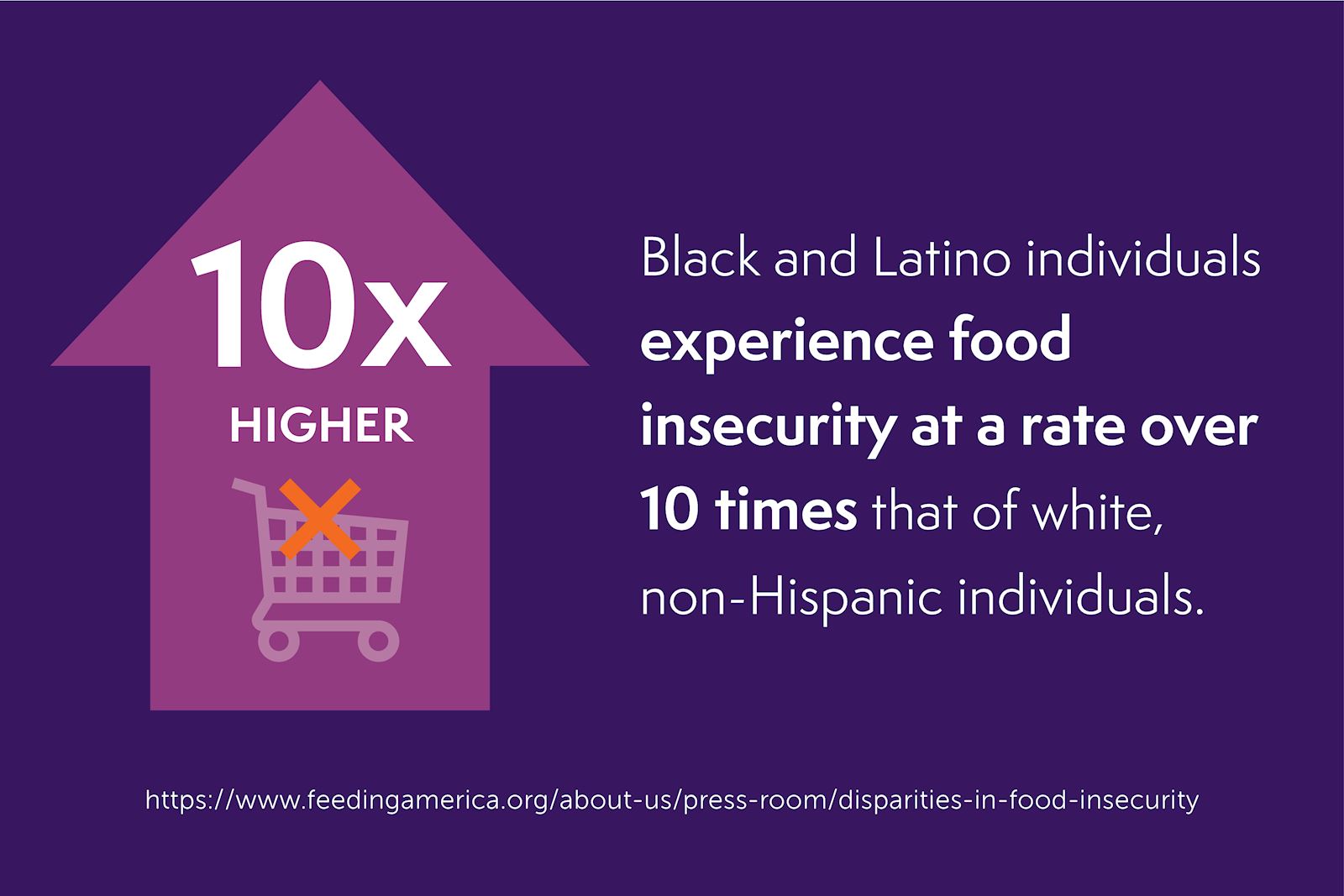In 2022, the U.S. invested $329 billion in total behavioral health spending. That is a 94% increase since 2012 according to a 2023 Open Minds market intelligence report. Total behavioral health spending in the U.S. includes spending for mental health and substance use disorders.
According to the American Medical Association, behavioral health generally refers to mental health and substance use disorders, life stressors and crises and stress-related physical symptoms. Referring to all diagnosable mental disorders, mental illness has been classified to include more than 200 types, including depression, anxiety disorders, schizophrenia, eating disorders, substance use disorder and bipolar disorder. Along with affecting an individual’s personal life, poor mental health can also affect their professional life as well. Mental health disorders lead to 12 days of unplanned absences from work each year, compared to 2.5 days for all other workers.
Mental illness and physical health
Mental health disorders are also strongly associated with serious chronic diseases and health conditions like diabetes, hypertension, stroke, heart disease and cancer. Research has found that not only do mental health disorders often precede chronic health issues, but chronic diseases can magnify symptoms of mental health disorders. Unfortunately, people can get trapped in a vicious cycle of poor health.
People living with mental illness can experience a variety of physical symptoms due to the illness itself and the medications used to treat their condition. Among these symptoms are:
- Weight gain
- Hormonal imbalances
- Sleep disruption
- Irregular heart rhythms
These symptoms can potentially make a person more vulnerable to a wide range of physical conditions. They may also develop unhealthy eating habits that can contribute to negative health outcomes.
Thankfully, proper nutrition can play a critical part in managing mental health disorders and improving ones’ overall health.
The role of nutrition in treating mental illness
According to the CDC, adults who eat a healthy diet not only live longer, but they also have a lower risk of obesity, heart disease, type 2 diabetes and certain cancers. Healthy eating can help people with chronic diseases to manage their conditions and prevent complications.
Over the years, studies have shown the relationship between nutrition and mental health, and mounting research focuses on how nutrition can improve the lives of those with mental illness.
The Supporting the Modification of Lifestyle in Lowered Emotional States (SMILES) trial was the first randomized controlled trial to show dietary changes can improve the mental health of people with clinical depression. At the end of the trial, 32% of people who received dietary counseling met criteria for remission of major depression, compared to 8% of those who received social support. Similarly, a meta-analysis of 16 randomized controlled studies, researchers found dietary interventions significantly reduced depressive symptoms.
How social determinants of health influence mental health
Social determinants of health (SDOH) contribute to wide health disparities and inequities and are known to influence mental health outcomes. Studies show low economic status, unemployment, strained familial relationships and unsafe neighborhoods can strongly impact mental health. People with serious mental illness are also more likely to face poverty, social isolation, residential instability and food insecurity. It is often a two-way relationship where poor mental health can aggravate personal choices and affect living conditions that limit opportunities.
In addition, food insecurity is linked with negative health outcomes, puts people at risk for developing chronic diseases and is associated with an elevated risk of mental illness.
Supporting people with quality nutrition
Programs like home-delivered meals are positively impacting the health of people with mental illness. Mom’s Meals® collaborated with UnitedHealthcare Community Plan of Wisconsin (UHC WI) on a pilot program to support high-risk, high-cost members with a behavioral health diagnosis by meeting their basic need for nutrition.
- A total of 96 members received three condition-appropriate, home-delivered meals for 90 days
- Results showed a 61% decrease in inpatient costs and a 48% decrease in inpatient admissions
- The total cost of care significantly decreased post-period by 44% for program membership, with per member/per month costs dropping from $1,491 to $837
As growing research connects nutrition and mental health, there continue to be initiatives aimed at meeting the nutritional needs of people living with mental illness. Although eating nutritiously may not eliminate or treat mental illness on its own, a healthy diet must be part of a holistic approach
Additional Resources
.jpg)
White paper provides insights
Download our free white paper, The Interconnection of Nutrition With Mental and Behavioral Health, to take a closer look at this relationship, studies that help prove the power of quality nutrition and how medically tailored meals can help.
Medically tailored home-delivered meals programs
Mom’s Meals partners with health plans and payers to help support their members with mental and chronic conditions and address food and nutrition insecurity through home-delivered meals. Learn how our meal programs can help members have access to the nutrition they need.

.jpg)

